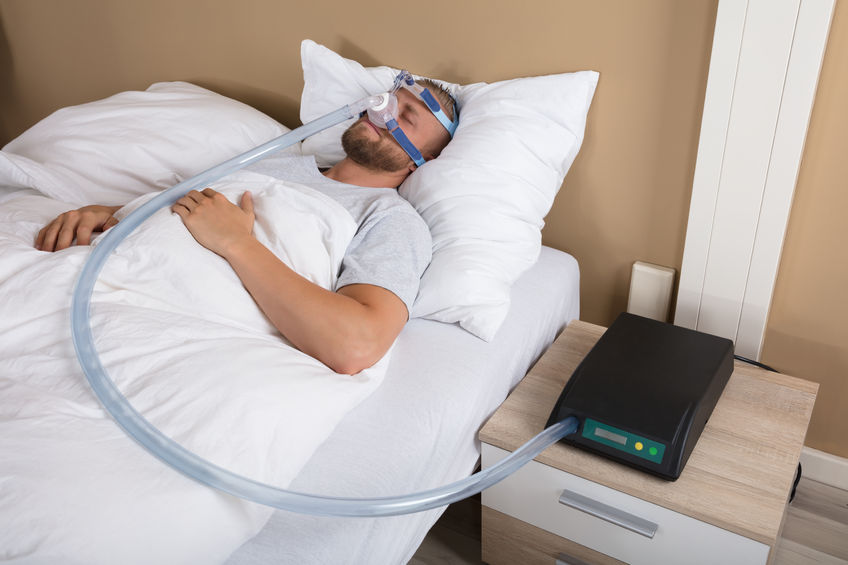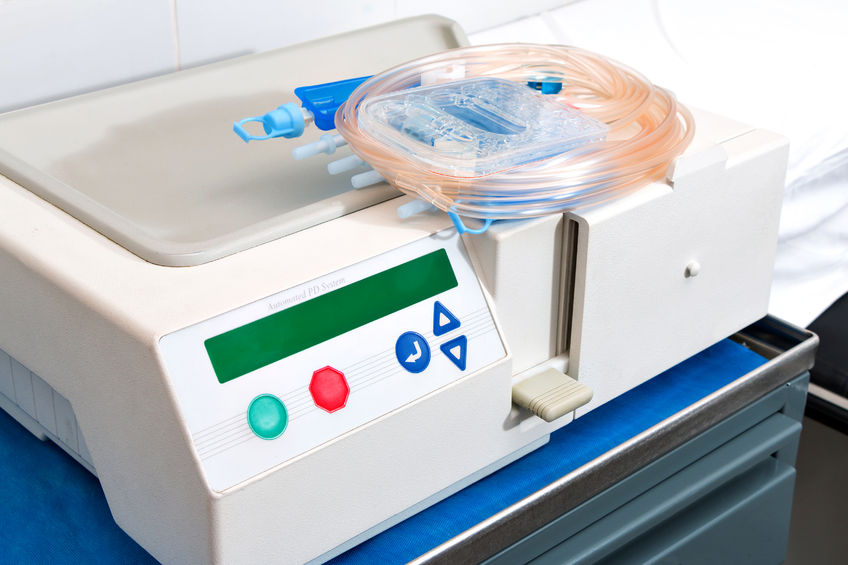Emergency Planning During a Power Outage for Those Who Rely on Medical Devices
Some medical devices help the users maintain their independence, while others help protect their lives! For people who rely on electricity- and battery- dependent assistive technology and medical devices, having a backup plan during a power outage is critical.
The most common types of medical devices and assistive technology include the following:
• Power wheelchairs and scooters
• Breathing machines, such as respirators or ventilators
• Oxygen, suction, or home dialysis equipment
• Hearing devices, such as hearing aids or cochlear implants
Make an Emergency Plan in Advance of a Disaster
Especially for those who rely on medical devices, having a backup plan during a power outage can make a big difference in an emergency. It is important to create a plan for alternative sources of power ahead of time so you’re not left without power alternatives during an outage.
Find alternative power sources.
Be sure to read your equipment instructions and talk to equipment suppliers about your backup power options. Get advice from your power company about the type of backup power you plan to use. Regularly check your backup or alternative power equipment to ensure that it will work properly during an emergency. After all, it won’t do you much good if it isn’t functioning.
Teach others how to use your equipment.
 Talk with your neighbors and caregivers about your medical device. Show them how to use your backup system to operate your equipment. In addition, label all equipment with your name, address, and phone number. Attach simple and clear instructions and cover them with clear packing or mailing tape. Keep copies of your device instructions, along with serial and model numbers in your emergency supply kit.
Talk with your neighbors and caregivers about your medical device. Show them how to use your backup system to operate your equipment. In addition, label all equipment with your name, address, and phone number. Attach simple and clear instructions and cover them with clear packing or mailing tape. Keep copies of your device instructions, along with serial and model numbers in your emergency supply kit.
Contact your utility company.
If you rely on a life-support device, such as home dialysis, suction, or breathing machine, contact your power and water companies about your needs in advance of a disaster. Many utility companies keep a “priority reconnection service” list and map of the locations of power-dependent customers for use in an emergency. Note that even if you are on this list, it is possible that power could still be out for several days, so access to backup power is vital.
Keep a list of emergency power providers.
Finally, keep a list of alternate power providers. Do any of your neighbors have a backup generator? Ask if you could relocate to their home in an emergency. Also, ask your nearby police and fire departments and hospital if you could use them as a backup source of power if your backup systems fail.
Install a Backup Generator
One of the best ways to ensure that you have access to backup power during an emergency is to have a backup generator installed. No matter your needs or type of electricity-dependent medical device, a backup generator ensures that you will always have access to electricity to keep your device functioning.
A backup generator sits outside the home like an air conditioning unit. It is wired into the house, so it can detect a power outage. When the power goes out, it comes on automatically and delivers power back to the home instantly. No matter if your device is just convenient or life-saving, a backup generator can help ease your worries. With a generator, you always have a way to use your device in an emergency.
For answers to your questions about backup generators or to schedule an appointment with a technician, submit this online contact form or give us a call today at (317)831-8677.


aqs8e8
ny70rp
56pyvl
e8hepo
Hello, i think that i saw you visited my website so i got here to “go back the want”.I am trying to to find issues to enhance my web site!I guess its ok to use a few of your concepts!!
g37ozo
It’s a shame you don’t have a donate button! I’d without
a doubt donate to this brilliant blog! I suppose for now i’ll settle for book-marking and adding your RSS feed to my Google account.
I look forward to brand new updates and will share this blog with my
Facebook group. Chat soon!
Look at my web page vpn 2024
We are a group of volunteers and opening a new scheme in our community.
Your web site offered us with valuable info to work on. You have done
an impressive job and our whole community will be thankful to you.
My webpage … vpn code 2024
you are truly a good webmaster. The site loading pace is incredible.
It kind of feels that you’re doing any unique
trick. In addition, The contents are masterpiece. you have done a
wonderful task in this subject!
My web site vpn special coupon code 2024
Hey there! This post could not be written any better!
Reading through this post reminds me of my old room mate!
He always kept chatting about this. I will forward this article to him.
Fairly certain he will have a good read. Thank you for sharing!
My blog post … vpn special coupon code 2024
mqzry8
p4uh8l